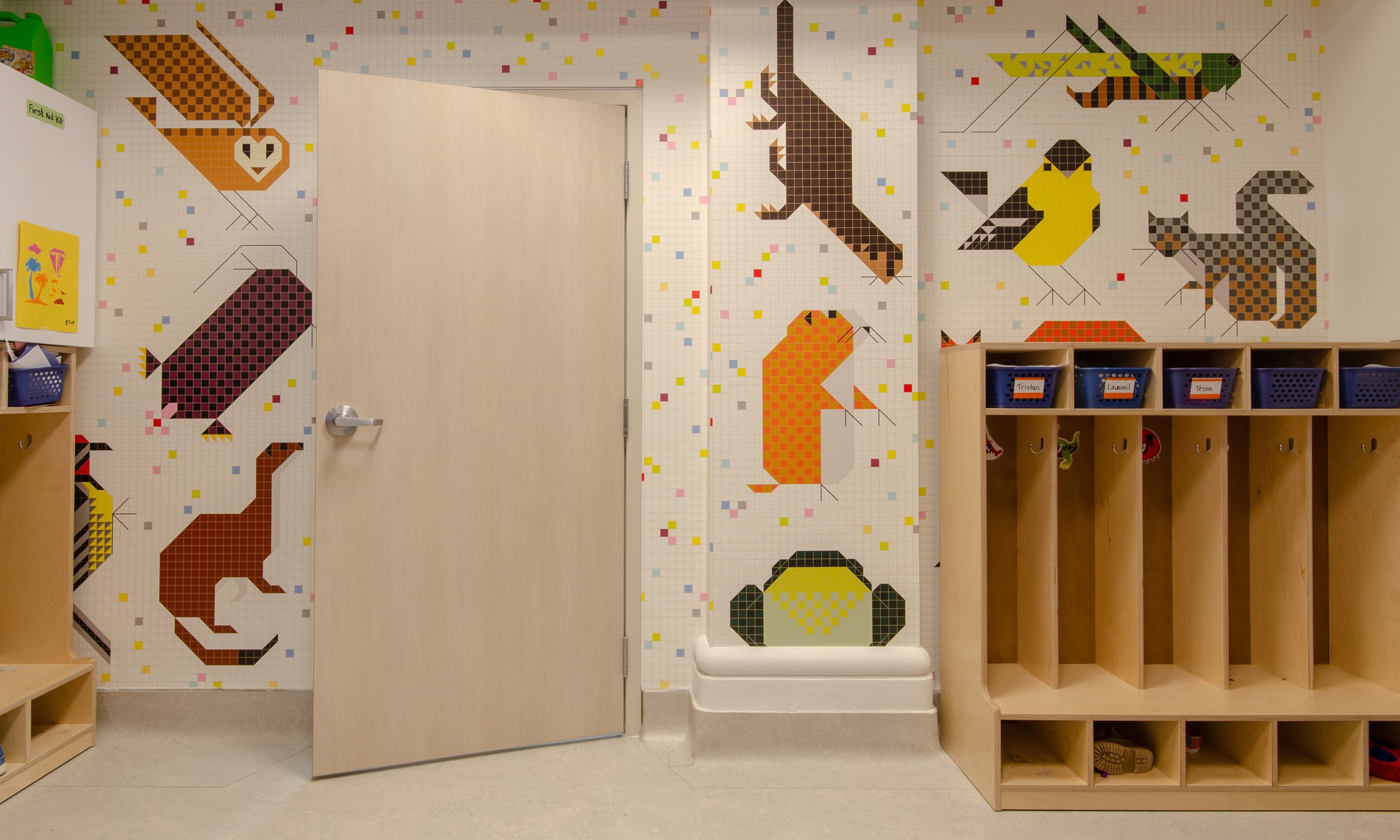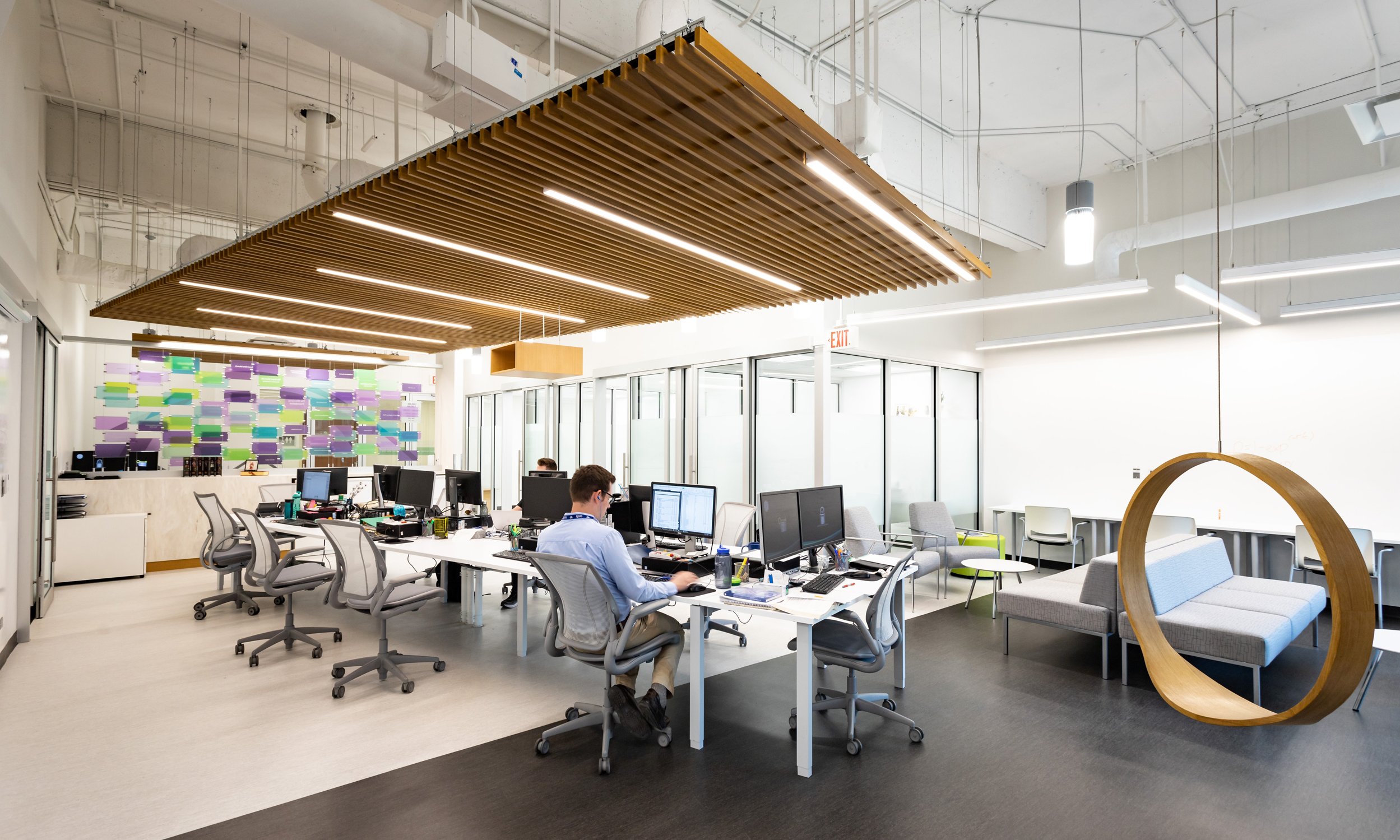Reconciliation Garden
While the Wellness Institute is a non-profit organization, it's also the Lifestyle Medicine department of Seven Oaks General Hospital, providing hospital patients with a continuum of care, including prevention, recovery, and rehabilitation services.
After assisting the Wellness Institute with expanding its parking lot, the organization retained ft3 to provide a feasibility study and conceptual design for a reconciliation garden within a space that suffered from tired and overgrown vegetation and infrastructure. The Institute wanted to enhance the site's natural areas and offer more passive and active recreational areas, resulting in greater health and well-being of its patients. Keeping this in mind, we based our design concept on connecting people to the land, aiming to revive and replenish the space to become functional and engaging for its people and intended programs.
With Kapabamayak Achaak Healing Forest, we worked with Val Vint, an Indigenous Knowledge Keeper, who helped us engage Elders in the design process for the Institute’s Reconciliation Garden. The circular form—Medicine Wheel—became an essential design element through engaging Elders, relevant stakeholders, and community members. However, as we developed the design details, the form of a Turtle emerged, and the Medicine Wheel became the spirit animal's head. Within Indigenous culture, the turtle is an icon of life itself, and the North American continent is shaped like one, earning its name, Turtle Island. The primary path outlines the turtle’s shape while offering a course for patients and visitors to explore the space.
The remaining design elements feature a new planting scheme, strategically placed pavers for texture, and a turtle sculpture carved by Indigenous woodcarver Peter Symchuk. The sculpture became a focal point of the project, reminding visitors to embrace the truth within truth and reconciliation.



